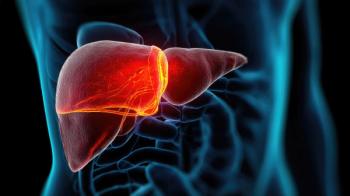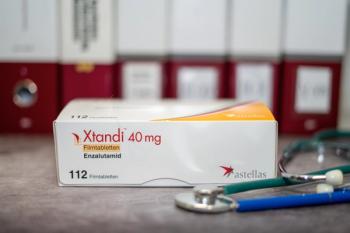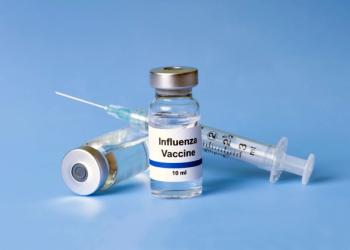
Long-term obesity accelerates aging in young adults, increasing risks for cardiovascular diseases and metabolic dysfunction.

Long-term obesity accelerates aging in young adults, increasing risks for cardiovascular diseases and metabolic dysfunction.

ImCheck's ICT01 gains an orphan drug designation from the FDA, offering hope for acute myeloid leukemia (AML) treatment in older patients with limited options.

Researchers unveil a groundbreaking method using polypurine hairpins to inhibit PCSK9, offering a promising alternative for lowering cholesterol and reducing cardiovascular risk.

Immunocompromised patients, especially transplant recipients, face heightened RSV risks, leading to severe infections and complications.

The updated version 1.2026 NCCN Guidelines for chronic myeloid leukemia (CML) emphasize individualized treatment strategies, TKI-specific considerations, drug interaction management, and pregnancy safety, highlighting the critical role of oncology pharmacists in optimizing therapy selection, patient counseling, and cost-effective care.

The National Comprehensive Cancer Network (NCCN) has released multiple myeloma guidelines version 2.2026 to include linvoseltamab as a preferred treatment for heavily pretreated patients, highlighting its intravenous formulation, dosing options, and streamlined Risk Evaluation and Mitigation Strategy program.

NCCN updates ovarian cancer guidelines, emphasizing personalized maintenance therapy with niraparib for HR-deficient patients, enhancing oncology pharmacists' roles.


The FDA recently approved gepotidacin oral tablets for the treatment of uncomplicated urinary tract infections (UTIs).

Unused, unwanted, and expired medications pose a serious threat to both public health and the environment.

GLP-1 compounding faces legal challenges, evolving FDA rules, and heightened enforcement risks.


UPMC's integrated approach to COPD care enhances patient outcomes through personalized support, coordinated services, and effective pulmonary rehabilitation strategies.

Enzalutamide combined with leuprolide significantly enhances survival in high-risk non-metastatic prostate cancer, marking a breakthrough in treatment strategies.

Unique barriers can lead to psychiatric medication adherence rates as low as 26%.

Pharmacists play a vital role in translating global health news into actionable knowledge for their communities.

Once-weekly efsitora alfa shows promising hemoglobin A1C reduction in type 2 diabetes (T2D), simplifying insulin therapy and reducing injection frequency significantly.

Research reveals HER2-negative breast cancer shows higher pCR rates than HER2-low, influencing neoadjuvant chemotherapy strategies for early-stage patients.

A large retrospective study funded by the CDC indicates broad additional protection against COVID-19, especially for older adults and immunocompromised patients.



Research reveals that higher BMI in women with cardiovascular disease significantly increases breast cancer risk, highlighting the need for targeted prevention strategies.

The FDA approves a prefilled syringe for the zoster vaccine recombinant, enhancing shingles vaccination convenience and effectiveness for adults 50 years and older.

New research links gabapentin use for back pain to increased dementia risk, especially in middle-aged adults.

Micronutrient deficiencies, particularly in vitamins D, B12, and folate, significantly impact chronic pain intensity, suggesting dietary interventions may alleviate symptoms.

Maridebart cafraglutide showed promising results for weight management in obesity and type 2 diabetes (T2D), achieving significant weight loss without plateau.

Since the most recent guidelines were published, more evidence has emerged regarding intravenous corticosteroids for severely ill patients.

New research shows effective interventions can reduce prescriptions across all ages.

An adjusted analysis of the ALPINE and ASCEND trials revealed a statistically significant progression-free survival advantage for zanubrutinib.

Influenza Vaccination Preparation Should Be on the Docket for Any Pharmacy After a Much-Anticipated ACIP Meeting